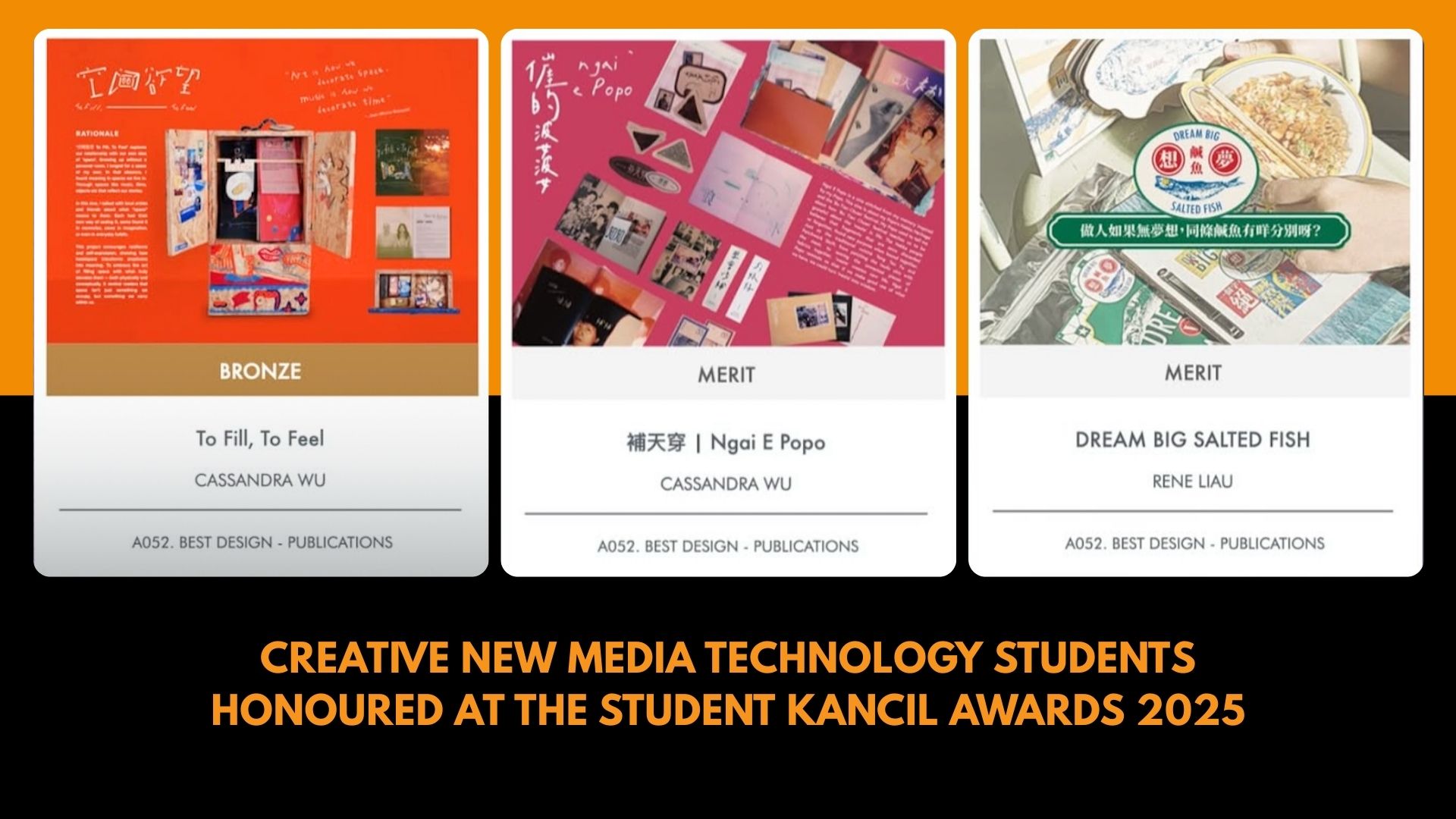Have you ever noticed how students light up when learning feels like a game? That’s the magic of gamification. Bringing game-like elements into education to make learning more engaging, interactive, and fun. For college students, who often juggle multiple responsibilities and face academic pressure, gamification can be a game-change.
Gamification involves integrating game mechanics such as points, badges, leaderboards, and challenges into the learning process. Unlike game-based learning, which uses actual games for instruction, gamification transforms routine academic tasks into engaging experiences without compromising educational objectives.
There are several practical ways to gamify your classroom.
1. Points & badges: Award points for completing assignments early or participating in discussions. Badges can celebrate milestones like “Top Contributor
2.Leaderboards: Display rankings for quiz scores or participation. This encourages friendly competition and keeps students engaged.
3.Quests & challenges: Turn projects into “missions” with clear objectives and rewards. For example, “Complete the Marketing Strategy Quest to earn 50 XP.”
4.Digital tools: Platforms like Kahoot! Class craft, or Way ground (previously known as Quizizz) make gamification easy and interactive.

Gamification can significantly improve motivation, attendance, and knowledge retention. However, educators must balance fun with academic rigor. Overemphasis on competition may discourage some students, and poorly designed systems can lead to lightengagement. Successful implementation requires thoughtful planning and alignment with learning outcomes.
Remember that gamification isn’t just a trend. It’s a powerful tool to make learning meaningful and enjoyable. You can start smalllikeadd a leaderboard, create a badge system, or introduce a quest. You’ll be surprised how quickly your classroom energy shifts from passive to passionate.
Ready to level up your teaching? Try one gamification strategy today and watch your students thrive!
References
Pathiraja, T. N., & Ranasinghe, A. S. (2024). The impact of gamification on student engagement and learning in science: A study on Team Jeopardy.
Lampropoulos, G., & Sidiropoulos, A. (2024). Impact of gamification on students’ learning outcomes and academic performance: A longitudinal study. Education Sciences, 14(4), 367.
Baah, C., Govender, I., & Subramaniam, P. R. (2023). Exploring the role of gamification in motivating students to learn. Information & Communications Technology in Education, 2023.
Chen, J., & Liang, M. (2022). Play hard, study hard? The influence of gamification on students’ study engagement. Frontiers in Psychology, 13, 994700.
Wang, Z. (2021). Introduction to the use of gamification in higher education. Academic Technology Solutions.







